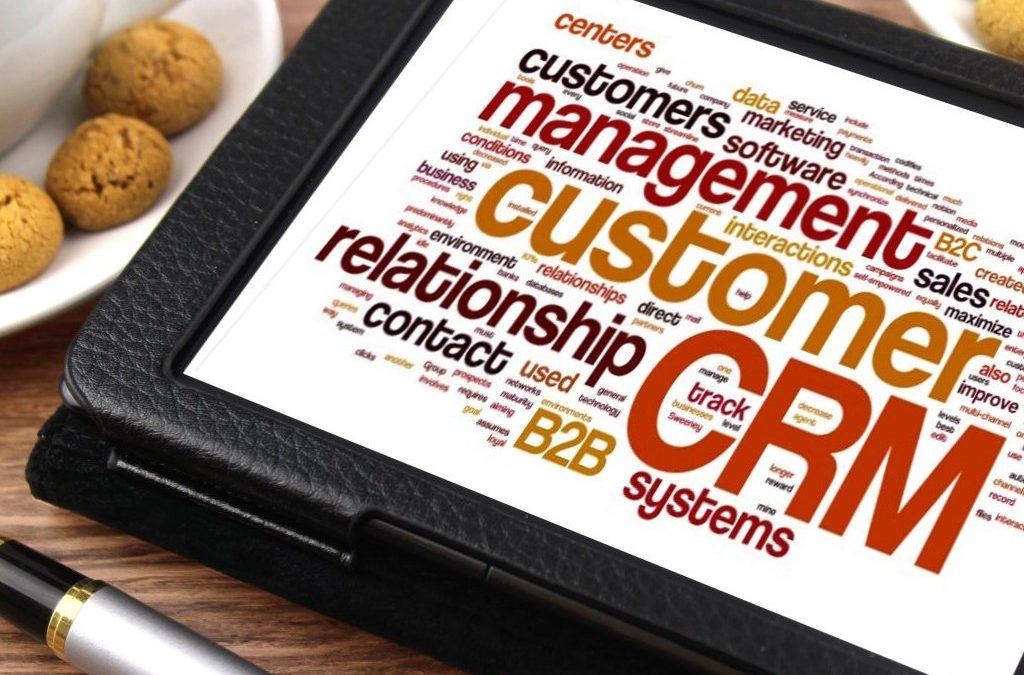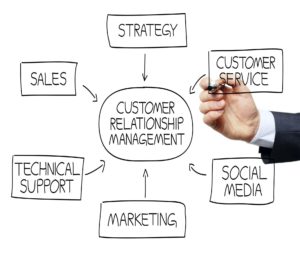
Does chaos theory rule our world?
Have you ever missed an event, accident or opportunity and thought if only X hadn’t happened earlier, I would have experienced Y or Z?
Chaos theory is quite simple. Anything that happens now is a complex result of many things that happened before which cumulatively result in your event. You know the saying ‘hindsight is 20/20’? Looking back, you can pinpoint events that led up to what’s happening now. Looking forward, however, it is not that simple. If something happens, or a decision is made, actions taken or anything eventful, left for long enough to mature, will result in another action seemingly unrelated. We can also call it nature, balance or fate to name a few. The best one for me is plain ‘shit happens’!
Humans strive for control to predict the outcome
Understand that chaos theory explains almost everything that occurs. Any event that happens is a result of unlimited events before it. If we were able to predict events, then we can control the outcome. In order to predict the outcome, humans will create their own surroundings under their own control in order to know the outcome.
Why would we want to control everything?
No, this is not a q
uestion of making money or gaining power. Humans have anthropologically needed to control outcomes in order to survive. We needed to understand whether to control crops and food. We needed to create our own infrastructure, under our control in order to control the things around us such as safety. I can give you examples. We created roads through nature to control our travel, time and order of movement. We created kitchens with ovens to not be reliant on fire in a cave for food. As humans we realised by creating our own solutions, we limit the influence of other events on our lives and thus have better predictable outcomes.
But they clash, chaos and control
Yes, they do. Chaos theory is the way the world works. It’s how nature and the universe function and it is a completely natural result of events. The events are so complex from their own eventful source that as simple minded humans we cannot see the complexity of the prior event and just end up calling it random. But is there truly a random event? I don’t think so. Thinking about it, anything you consider to be random was a result of previous events leading up to it. We can’t see all the events leading up to it and this goes into our ‘random’ basket.
So why is this at all important?
Chaos theory as a principle doesn’t change anything. It may not even answer anything. It is a way for us to understand however, that nothing is random.
We can control our environments to have a more predictable outcome.
That’s how humans gained some level of control which allowed us to grow outside our random caveman lives. We took control; we created predictable outcomes and environments. If nature didn’t provide light and fire to cook our food when we were hungry, we created our own fire. When the valleys were too rough for the ox wagons, we created roads.
This gives humans time to learn, safety on all levels to expand
But chaos theory is still driving everything because our existence is still a string of events.
I have come to realize that’s probably why most of us are caught off guard if something unexpected happens. An accident maybe, a short notice promotion or an a unexpected reward. If you think about it, it wasn’t unexpected in the eyes of chaos. It was a result of other events and timing you just weren’t aware of prior to your ‘unexpected’ event.
But can’t we control it?
No we can’t. We can merely string together the first level of events to understand why something happened. It’s fascinating to think back on something that you experienced to single events that started at some point previously. These all culminated at a later stage, resulting in your experience.
Left to i
ts own devices, shit happens
Using chaos theory may help us answer questions about things that happened. Why I got divorced, why someone died in an accident, why my business is working and another similar business isn’t working.
And if it all becomes too complex, you can always fall back on ‘shit happens’



